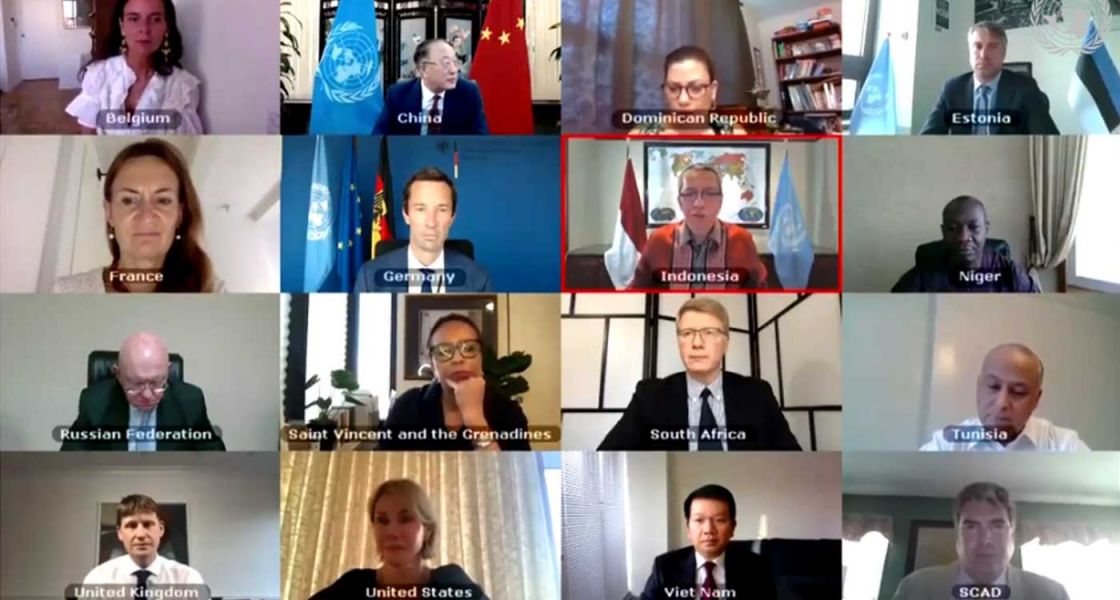- Articles
- Posted
Alone in the Security Council Corner… Again!
For the second time in nearly two weeks, the US finds itself alone against the greatest majority of the Security Council members in a proposed resolution. While the details vary, the main idea is that the US is increasingly and more publicly getting isolated in this international forum, something that is indicative beyond the specifics of the issues on the table, and a sign of the rapidly changing balance of international powers and the emergence out of the ill-fated unipolarity.
On 14 August 2020, the US put on the table a proposal to extend an arms embargo on Iran pursuant to UNSC Res 2231 (2015), which was adopted unanimously on 20 July 2015 and went into effect on 18 October 2015, due to expire five years from that date, that is, next month. The result was a resounding rejection of the US proposal, which found itself alone with the Dominican Republic voting for the extension, with 11 other members abstaining and 2 voting against. The US had proposed to extend the application of the relevant paragraphs “until the Security Council decides otherwise.” Meaning, to keep the arms embargo on Iran open-ended, until a decision by the Security Council in which the US has veto power terminates it.
This is quite telling about how delusional the US is about its ability to convince its historic allies – the West – to follow suit in these types of decisions and issues. Meanwhile, the shock of finding itself alone with all its “friends” turning their backs to it, sent US officials into a frenzy of nonsensical statements about what it will do and how it will do it, with some rising to the level of making threats of unilateral action – nothing new to the US anyway.
Jumping forward to Monday, 31 August 2020, the US found itself alone again, vetoing a proposed resolution relating to foreign Islamic State fighters. While in this case, 14 of the 15 Security Council member states voted for adoption, the US stood alone in the corner and in what seems to be a way to get revenge for being denied 17 days earlier the aforementioned proposal, vetoed the proposed resolution.
The draft resolution related to measures for prosecuting, rehabilitating, and reintegrating foreign terrorist fighters, something that has been previously laid out in other Security Council resolutions. At its core, the proposed resolution was not new, except it reemphasized certain points relating to women associated with foreign terrorist fighters and also included long-term methods to counter violent extremism.
For Syria, and the region at large, the importance of this resolution stems from the heightened activity of radical elements that have entered the region over the last few years, and particularly for us in Syria, as we will have to deal with this issue within our work towards a solution out of the current crisis and even within the framework of complete implementation of UNSC Res 2254 (2015). The US used the pretext of the proposed resolution to include repatriation as a necessary first step, by which the foreign fighters get repatriated to their countries of origin or citizenship.
We do say “pretext” here, because the question of repatriation can and will be addressed, whether or not it appears in the resolution, and has been addressed in other examples in the past in other parts of the world and even in the context of Syria. Meaning, this issue should not and would not normally be a cause for the US to veto such a resolution, but in the rapidly changing world order that is pulling the rug from underneath its feet, it is finding it best to use the strategy of either leading the game or spoiling it for everyone else.
It seems that being a spoiler is the US’ choice.



 Reem Issa
Reem Issa